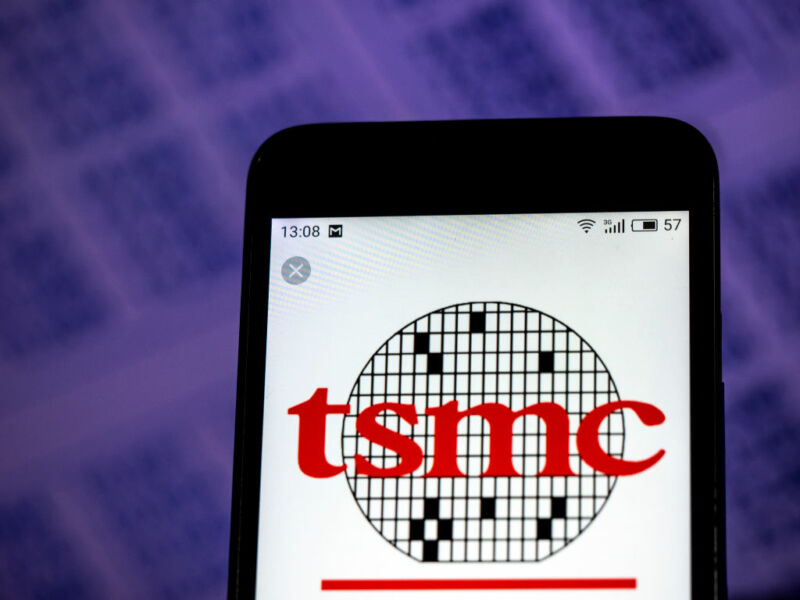-
 chevron_right
chevron_right
TSMC is considering a 3 nm foundry in Arizona
Jim Salter · news.movim.eu / ArsTechnica · Friday, 14 May, 2021 - 17:57

Enlarge / In a few years, Phoenix residents will be seeing a lot more of this logo. (credit: SOPA Images )
Reuters reports that TSMC—Taiwan Semiconductor Manufacturing Company, the chip foundry making advanced processors for Apple, AMD, and Qualcomm—is beefing up its plans to build factories in Arizona while turning away from an advanced plant in Europe.
Last year, TSMC announced that it would invest $10-$12 billion to build a new 5 nm capable foundry near Phoenix, Arizona. According to Reuters' sources, TSMC officials are considering trebling the company's investment by building a $25 billion second factory capable of building 3 nm chips. More tentative plans are in the works for 2 nm foundries as the Phoenix campus grows over the next 10-15 years as well.
US President Joe Biden called for $50 billion to subsidize US chip manufacturing facilities, and the US Senate may take action on the item this week. Strong domestic manufacturing capacity is seen as critical, since US chip firms such as Nvidia and Qualcomm rely on Asian manufacturing facilities. TSMC would be competing with Samsung and Intel to secure these Biden administration subsidies.

